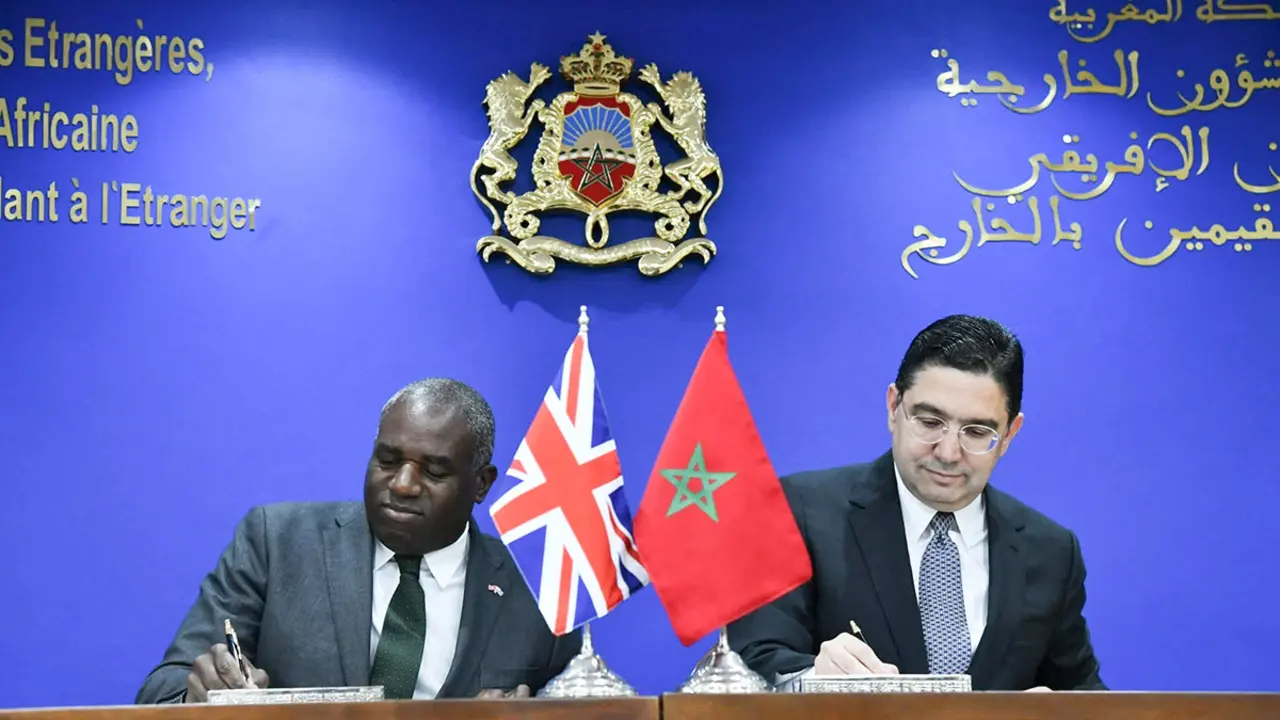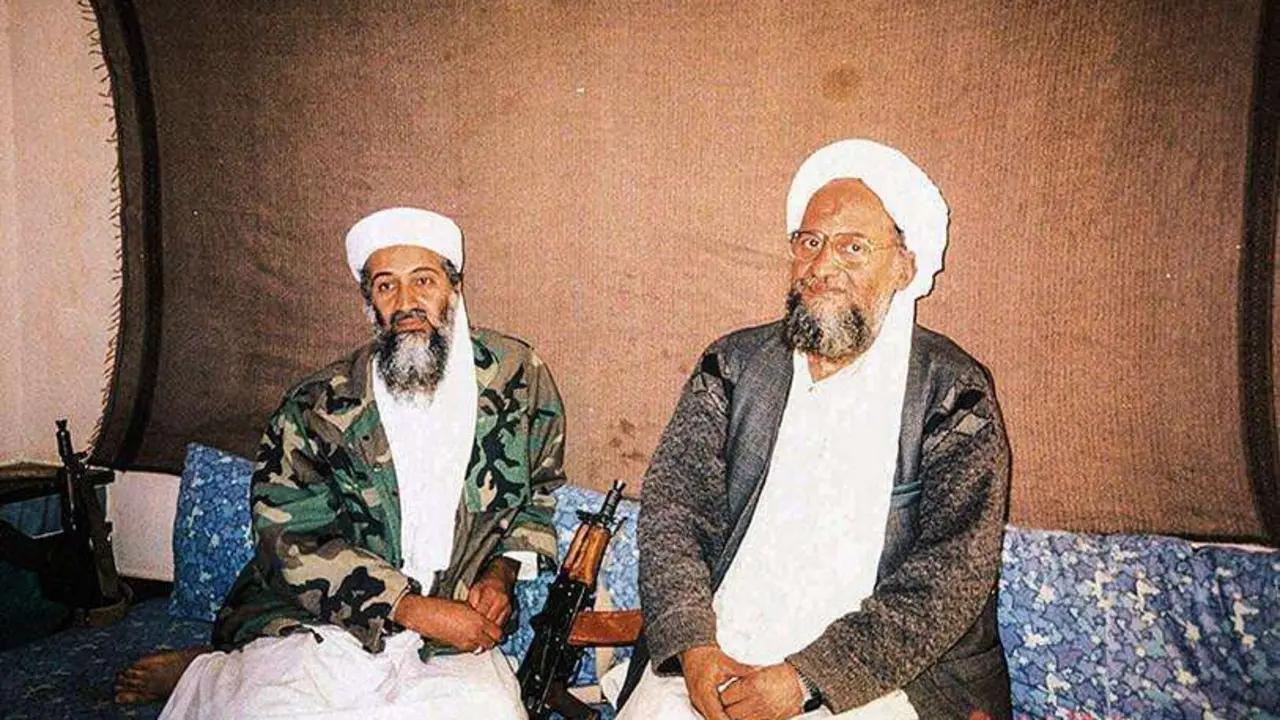No major surprises in Jordan's parliamentary elections
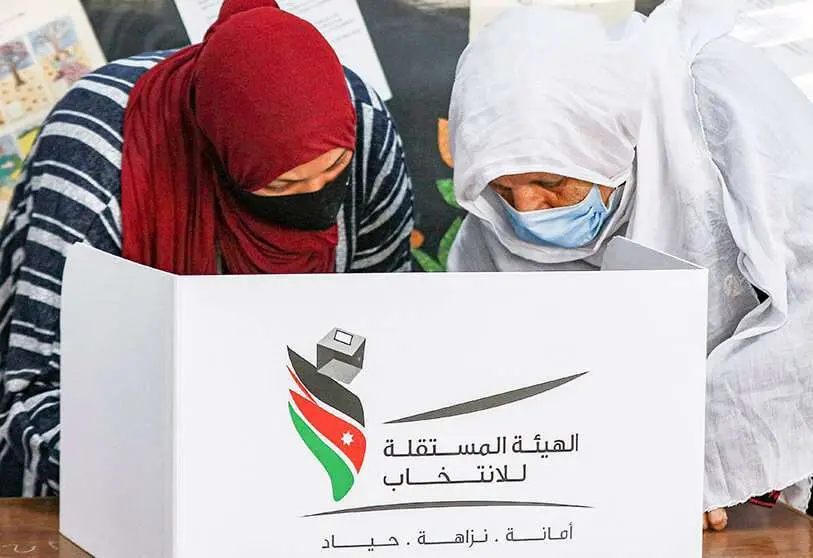
Jordanians voted in Tuesday's low-stakes parliamentary elections in a country sinking into an economic crisis exacerbated by the coronavirus pandemic.
A new government was sworn in on 12 October, following the resignation of the previous one and the dissolution of parliament by the king on 27 September after four years in office, as required by the constitution.
Over 4.5 million Jordanians were called on to vote in 23 electoral districts. But only 1.38 million people, or 29.9 percent, voted
A curfew was established immediately after the elections, from 10:00 pm to 6:00 am on Sunday throughout the kingdom, in order to combat the spread of the virus during possible celebrations.
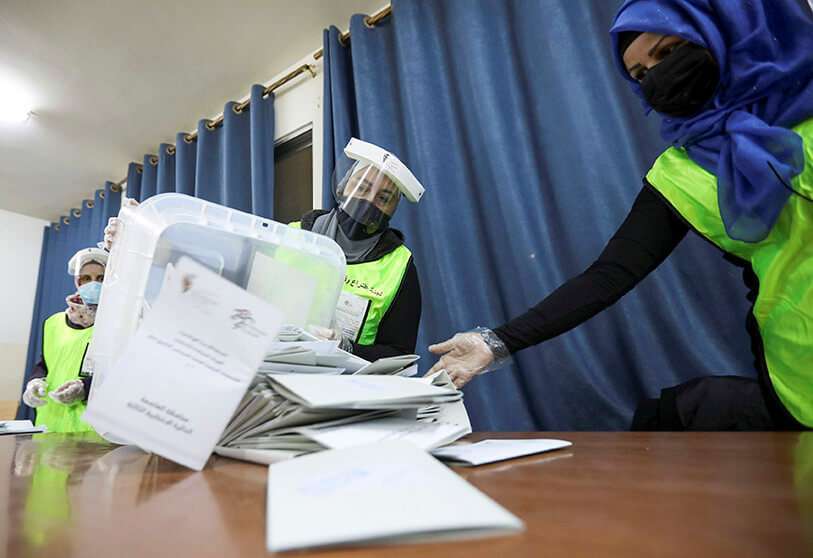
The elections came at a time when the country is facing a coronavirus pandemic that has severely affected the economy and its main tourism industry.
Jordan borders both Syria and Iraq and hosts large numbers of Syrian and Palestinian refugees. It is currently facing a difficult economic situation, with an unemployment rate of 23 per cent in the first quarter of 2020. It has been the scene of protests calling for wage increases, among other demands.
The kingdom, which has a population of some 10 million, has confirmed more than 126,000 cases of coronavirus and almost 1,500 deaths.
More than 50,000 members of the security forces have been deployed in the 12 governorates to ensure the smooth running of the process and, in particular, respect for health standards related to the epidemic.

The electoral system favors tribal representatives who are mostly very loyal to the king, business people and independent groups.
The new Jordanian Parliament will have fewer Islamists and women, according to the results of the legislative elections announced yesterday in Amman by the Independent Electoral Commission. The elections, held on Tuesday, were not very well received by the population, with parliament playing a limited role in a country where the king appoints the prime minister and the 65-member senate.
The already small number of women legislators in Jordan's parliament declined further on Thursday, while Islamist opposition parties also lost seats as officials announced the results of this week's parliamentary elections.
Khalid Al Kalaldeh, chairman of the Independent Electoral Commission, said the number of women legislators was reduced from 20 to 15. Fifteen seats are reserved for women under a quota system, and no women were elected in competitive races, the commission said.
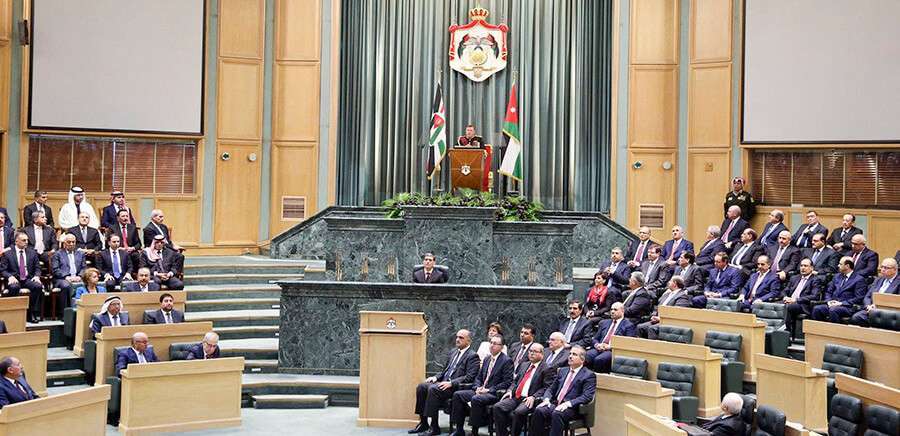
In total, voters elected 130 members of the lower house of parliament, with 15 seats reserved for women, nine for Christians and three for the Chechen and Circassian minorities.
The Islamic Action Front, linked to the Muslim Brotherhood group, won only 10 seats, compared to 15 seats in the previous elections in 2016. The party has complained that the electoral system is unfair. It forged electoral alliances with Christian, ethnic minority or tribal candidates in some areas.



